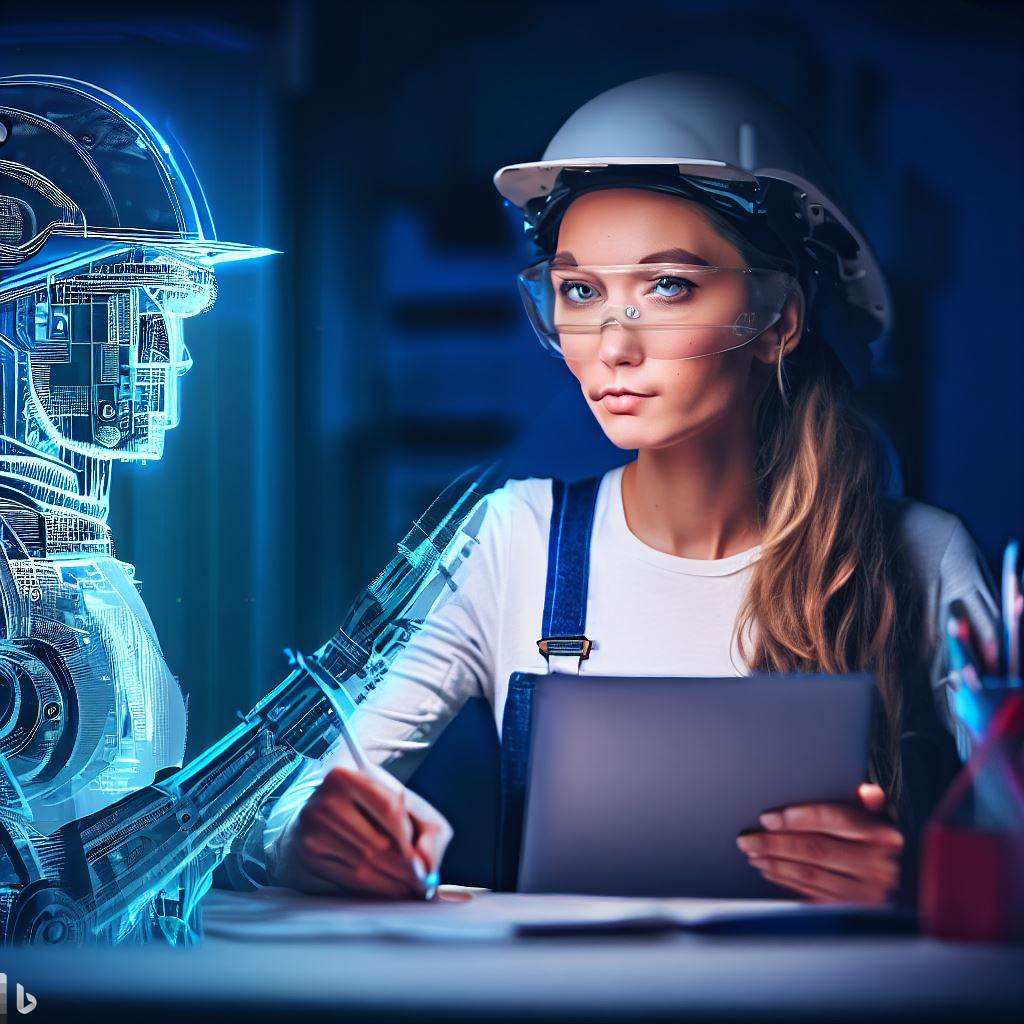Exploring the future of learning and the relationship between human intelligence and AI

I don't normally post links to long videos on this site. But this interview with Mike Paul with Rose Luckin entitled 'Exploring the future of learning and the relationship between human intelligence and AI – An interview with Professor Rose Luckin' is well worth taking some time to watch in full. Professor Rose Luckin is a pioneer in integrating artificial intelligence (AI) with education, and she shares insights on the ethical dimensions of AI deployment in education, emphasizing the importance of ethical AI and its potential to support learner-centered methodologies. She discusses the challenges and opportunities generative AI presents in assessment, learning, and teaching, highlighting the need for robust partnerships between educators and technology developers.
She explores what is human intelligence and what is machine intelligence?
She look at three contexts for AI in education.
The first is AI as tool in teaching and learning, which at the moment mainly focuses on adaptability but which is rapidly extending.
The second is the need to educate people about AI. People, she says need to understand AI and how to live and work alongside AI, how AI can help them and how to keep safe.
The third is the implications for education systems - how is AI changing the skills people need in different occupations and- are education systems optimal for the world we are living in with AI.
She points to the importance of Meta cognition and asks do we do enough for people for changes in the workplace. She suggest we need to adapt education and training systems for life where AI is all around us.


